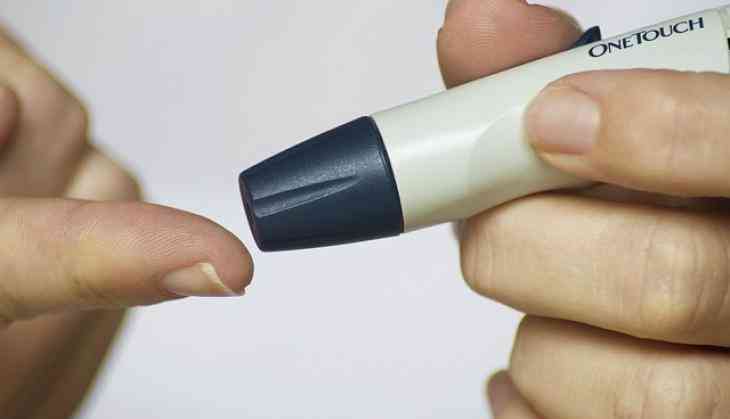
The strength of a person's grip may help predict if they are at risk of developing diabetes at a later age, a new study has found.
Researchers, including those from University of Michigan in the US, investigated if normalised grip strength - which is defined as a person's grip strength divided by their body mass - could serve as a biomarker for both cardiometabolic disease and physical disability in American and Chinese adults.
The team used data on middle-aged and older adults from the US National Health and Nutrition Examination Survey from 2011 to 2012 and 2013 to 2014, and the 2011 portion of the China Health and Retirement Longitudinal Study.
These surveys were selected because they included measures of muscle strength capacity and the necessary information pertaining to disability and cardiometabolic diseases.
Researchers analysed normalised grip strength for about 4,544 US and 6,030 Chinese study participants 50 years of age and older.
The study group also had blood samples taken for nonfasting glycated hemoglobin and answered a questionnaire about impairments of functional limitation related to mobility.
A subsample of 2,225 adults had fasting measures for glucose, insulin and triglycerides.
Using weighted logistic regression models, the team assessed the association between normalised grip strength and diabetes, hyperglycemia, hypertriglyceridemia, low High-density lipoprotein (HDL) cholesterol, hypertension and physical disability.
They controlled for age, sex and numerous socio-demographic characteristics.
Researchers found that for every 0.05 decrement in normalised grip strength in US and Chinese adults, respectively, there were 49 per cent and 17 per cent increased odds for diabetes.
"Prevalence of chronic disease is highest in the US and China and there's a dire need to identify midlife predictors of disability and diabetes in both populations," Mark Peterson, assistant professor at University of Michigan.
"To asses someone's grip strength using a hand grip dynamometer takes less than 10 seconds, which makes it extremely attractive to adopt in a clinical or community setting at the population level," Peterson said.
The study was published in Journals of Gerontology Series A: Medical Sciences.
-PTI


